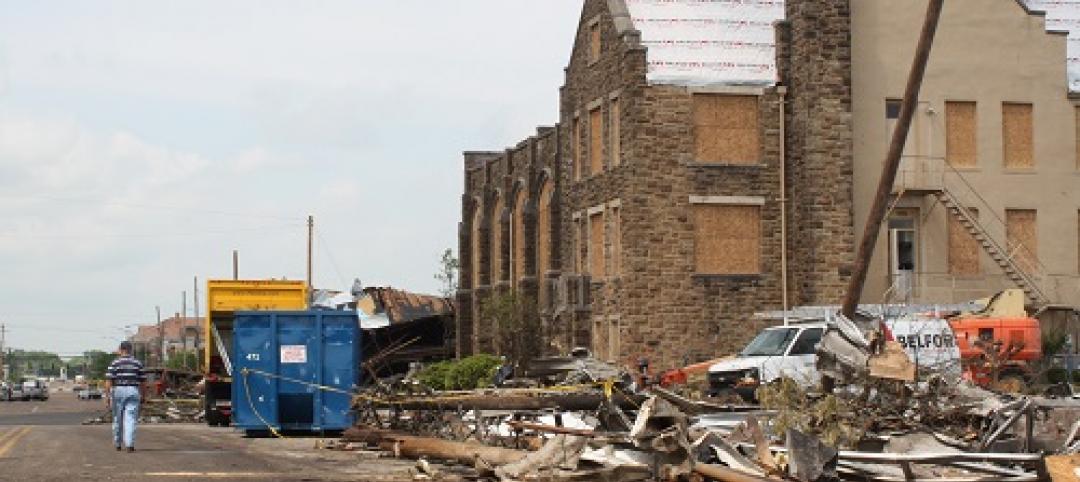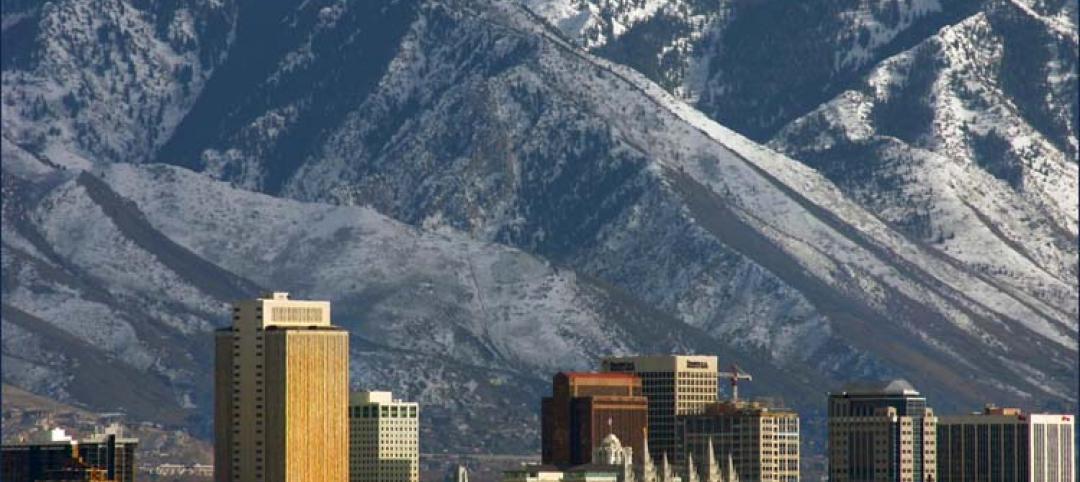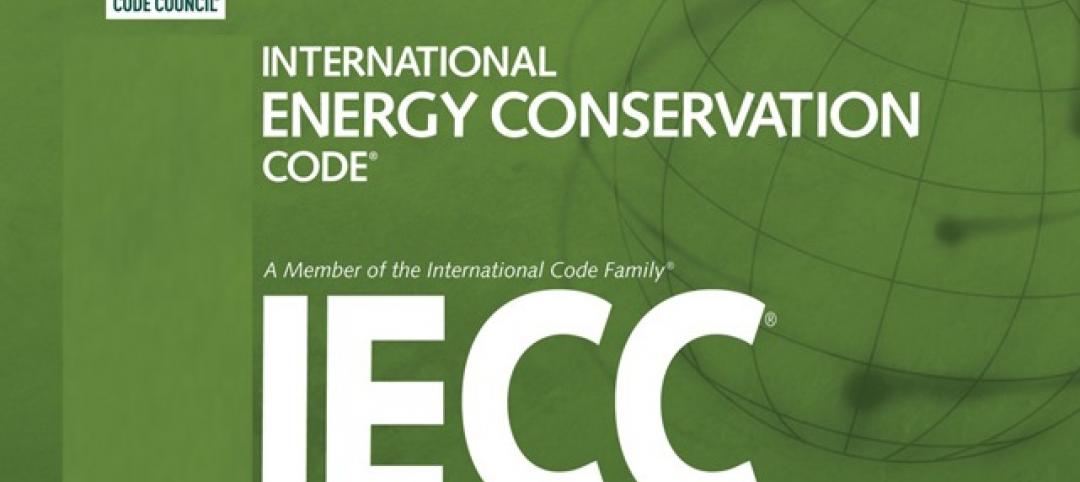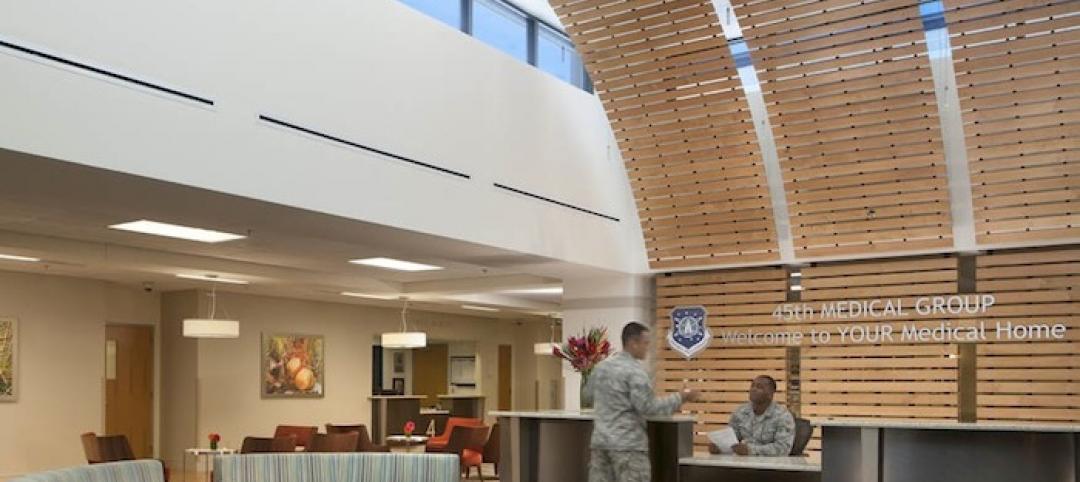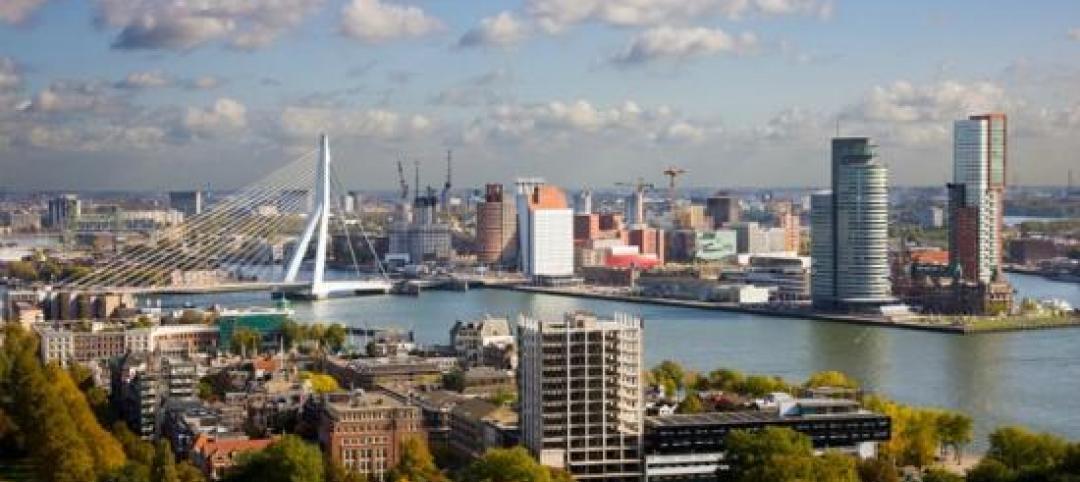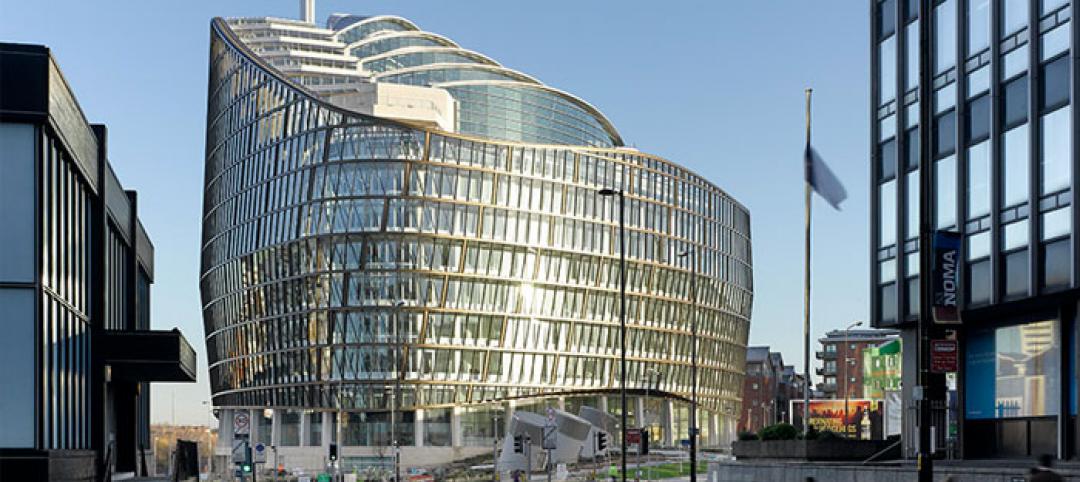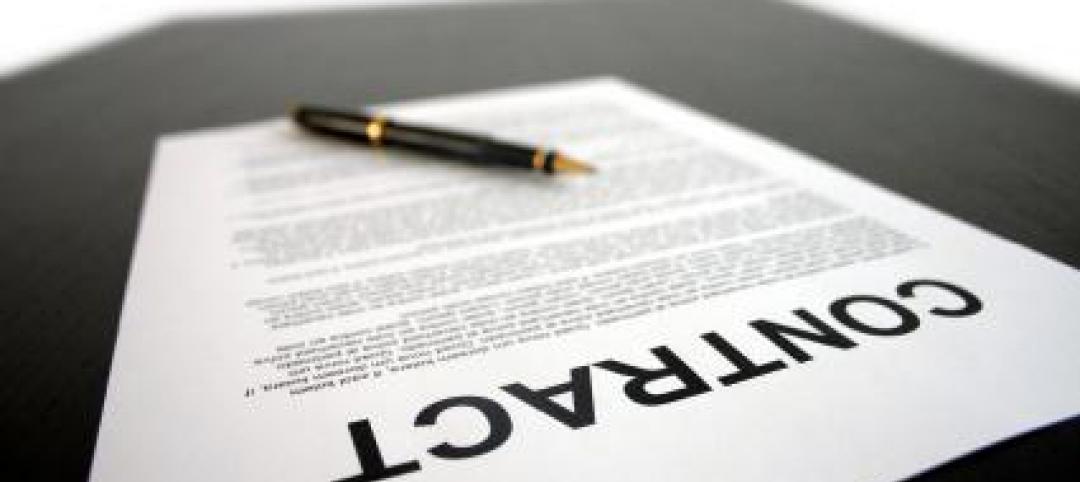Although LEED has advanced sustainability in the built environment, it hasn’t kept up with the accelerating urgency of climate change or the availability of low and no-cost ways to deeply cut carbon, says Greg Kats, president of Capital E.
Kats is a clean energy investor and was the first recipient of the U.S. Green Building Council Lifetime Achievement Award. He cites a 60% cost reduction of residential solar since 2010 that “make these now the cheapest electricity source in most states.”
Also, rapid growth in the ability to buy onsite and offsite solar and wind under power purchase agreements (PPAs) allows building owners to buy carbon-free power at a fixed price at or below conventional utility rates, Kats says. “Many buildings receiving LEED Silver, Gold, and even Platinum ratings deliver an anemic 15% or 20% lower energy use and CO2 reduction,” he says.
Kats and other environmental leaders have submitted a proposal to USGBC in support of minimum levels of carbon reduction by level of LEED certification. “LEED immediately should be revised to require substantial minimum carbon reductions for each level of LEED certification, both for new LEED buildings and for LEED rating renewals,” Kats says.
Related Stories
| Dec 11, 2013
NIST recommends tougher standards for tornado resilience
Buildings in tornado-prone areas should be constructed to withstand strong winds just as hurricanes are factored into building codes in coastal areas, says a federal report examining the 2011 killer tornado in Joplin, Mo.
| Dec 10, 2013
Whistleblowers can now file complaints online with OSHA
Whistleblowers covered by one of 22 statutes administered by the Occupational Safety and Health Administration (OSHA) now will be able to file complaints online.
| Dec 4, 2013
Five U.S. cities leading on climate change initiatives
Houston, Salt Lake City, Miami, New York, and Los Angeles are five cities that are leading the way on preparing for climate change and extreme weather, according to a Center for American Progress report.
| Dec 4, 2013
Philadelphia City Council mulling bill requiring ID cards for construction workers
The Philadelphia City Council has held a series of hearings on a bill aimed at boosting the city's safety regulations in the wake of a deadly building collapse earlier this year.
| Dec 4, 2013
Changes completed on 2015 IECC provisions
The 2015 International Energy Conservation Code (IECC)—the code that serves as the model for states’ codes—has undergone final changes.
| Dec 4, 2013
Design-build makes gains along with more authorizing legislation
In 2009, more legislation authorizing design-build project delivery passed than in any year in Design Build Institute of America’s history.
| Dec 4, 2013
Rotterdam resiliency policies include floating neighborhood
The low-lying city of Rotterdam in the Netherlands is a world leader in storm resiliency with policies that impact businesses, private homes, and public infrastructure.
| Dec 4, 2013
Meet the 'world's greenest building': One Angel Square
The 500,000 sf, 14-story One Angel Square in Manchester, England, is being promoted as "the most environmentally-friendly building in the world."
| Dec 3, 2013
Architects urge government to reform design-build contracting process
Current federal contracting laws are discouraging talented architects from competing for federal contracts, depriving government and, by inference, taxpayers of the best design expertise available, according to AIA testimony presented today on Capitol Hill.
| Nov 27, 2013
ASHRAE data center standard open for public review
Standard 90.4P, Energy Standard for Data Centers and Telecommunications Buildings, is being developed in response to requests to recognize the energy performance profiles unique to data centers.



